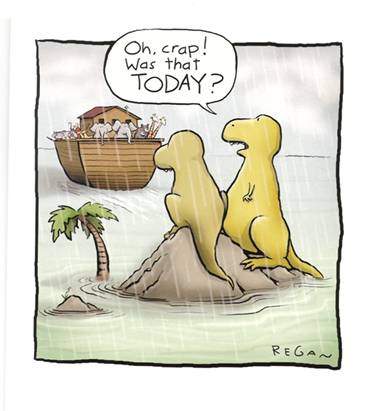I could re-hash here an encyclopaedic bibliography on how myth and history are inextricably linked but that was never my intention. You can find this anywhere on the internet.
My only intention in The 13th Tablet was to bring some of my readings and understanding of the ancient world as a scholar to the forefront, and doing so, myth and history often seemed to blend. I did not intend to write a historical novel, but a modern narrative with flashbacks to the past. These flashbacks are mostly done “in passing” so as not to slow down the action, but they are crafted in such a way that I hope many readers will want to know more. Like many out there, I enjoy viewing a documentary from time to time on the TV, and I am often shocked by the one-sided view of these programs. Was the Hebrew bible edited in the 5th century B.C.E., or was it the 7th century B.C.E. during the Babylonian captivity, or was it much earlier, in the 15th century at the time Moses was said to have freed the Hebrews from Egypt?
Who knows… as an archaeologist, I am both thrilled by every new discovery but also too-well aware of the dangers of creating a storm in a teacup. One find does not change our view of ancient history, it is but a stepping-stone to a grander narrative. We need series of finds, a whole network of meanings that slowly crystallise into a theory. There is a wonderful concept in archaeology, it is chance find. Indeed, when a find is seemingly unique and ground-breaking, one should always wonder what would have happened had we dug a little farther, to the left, to the right, or just a few feet deeper. What we deal with most of the time are chance finds, not Pompeii.


